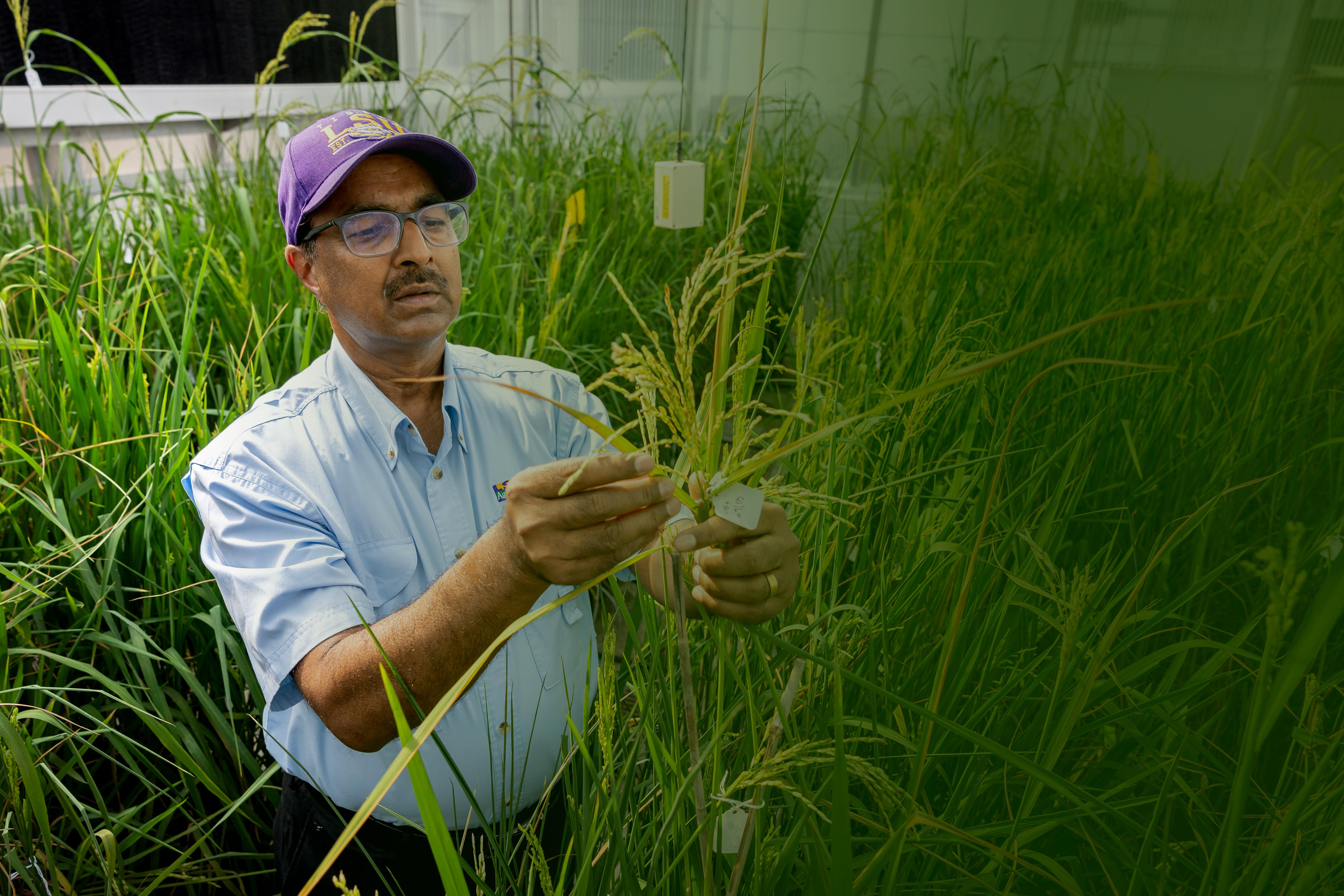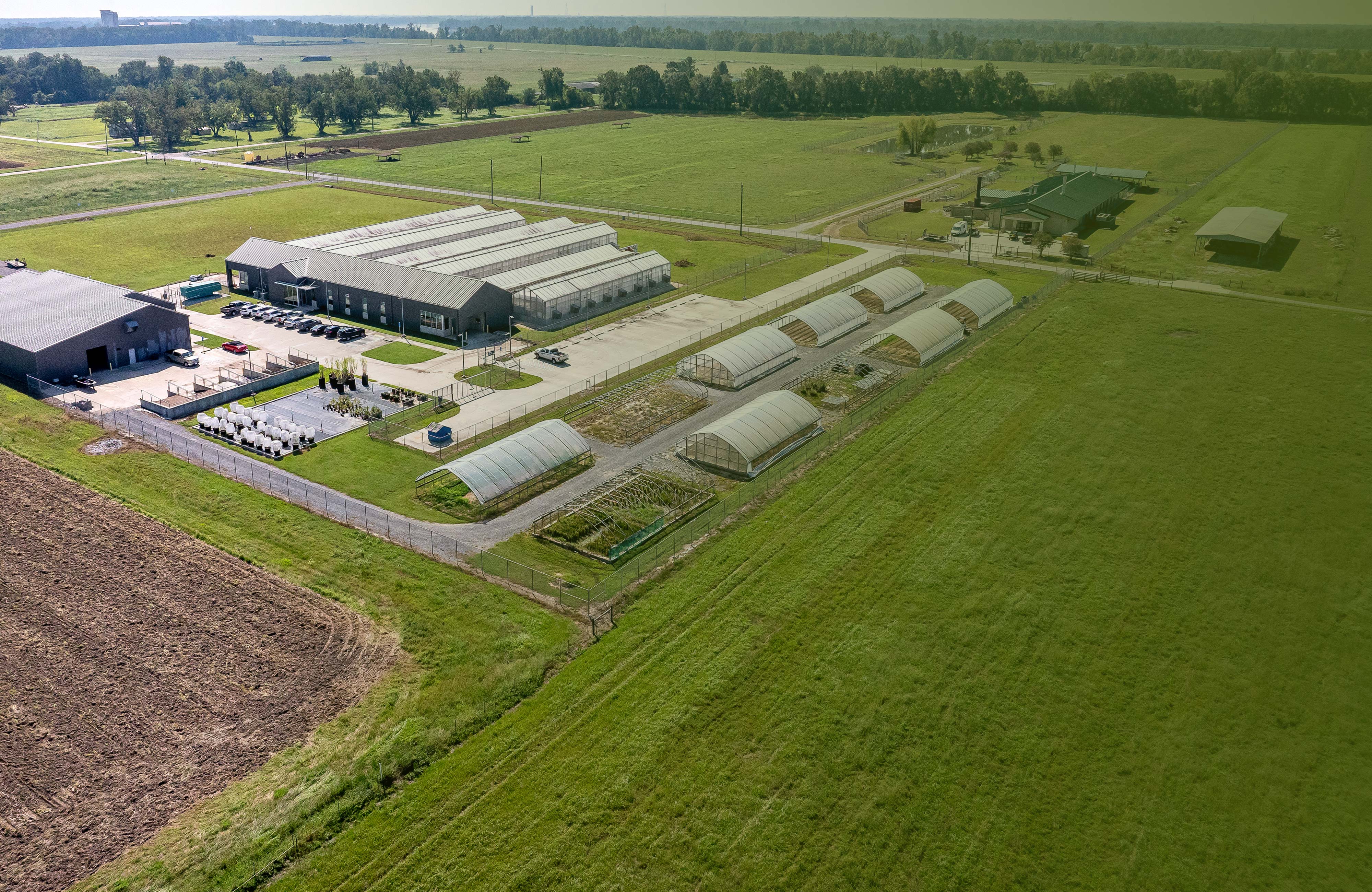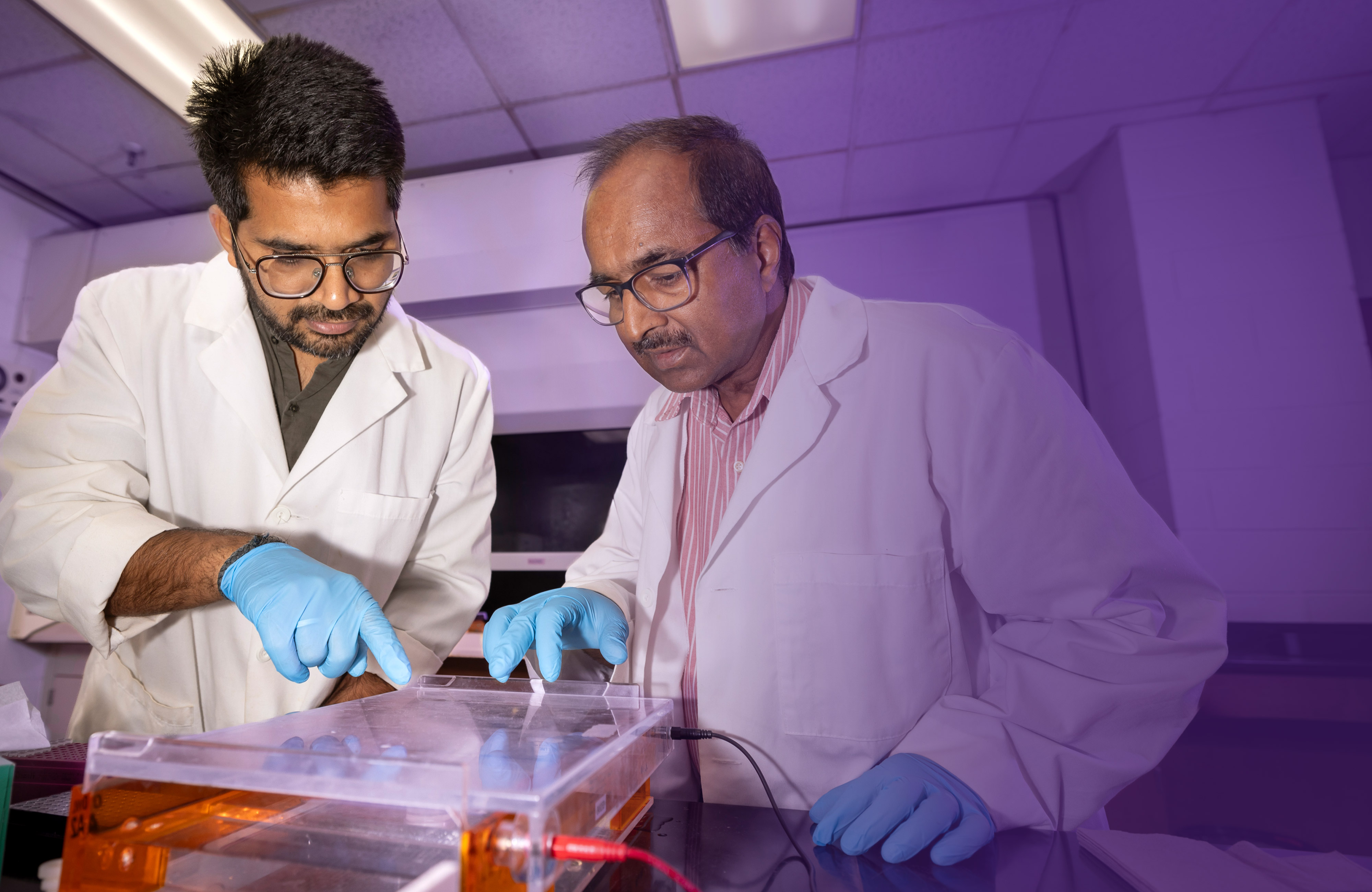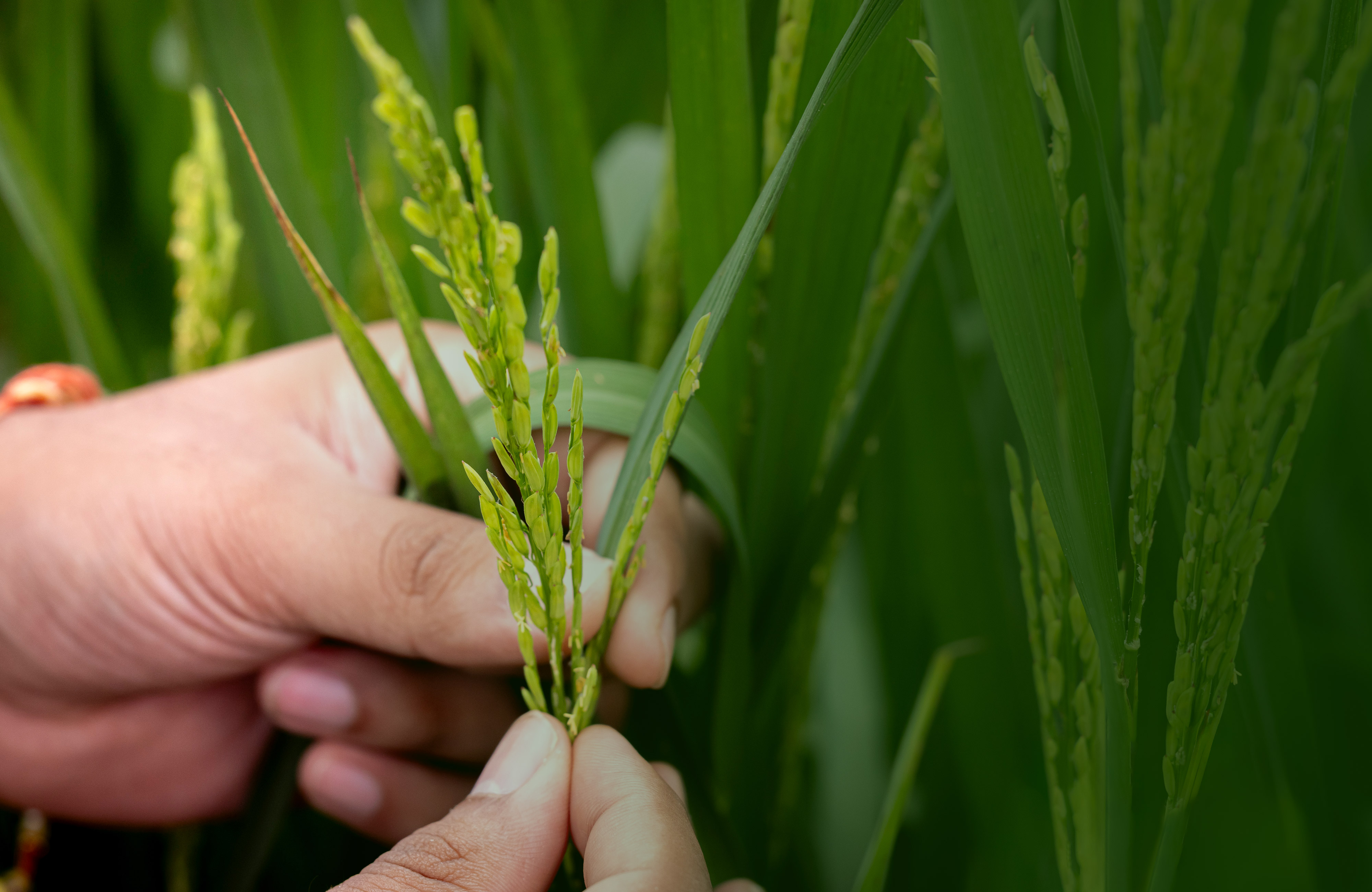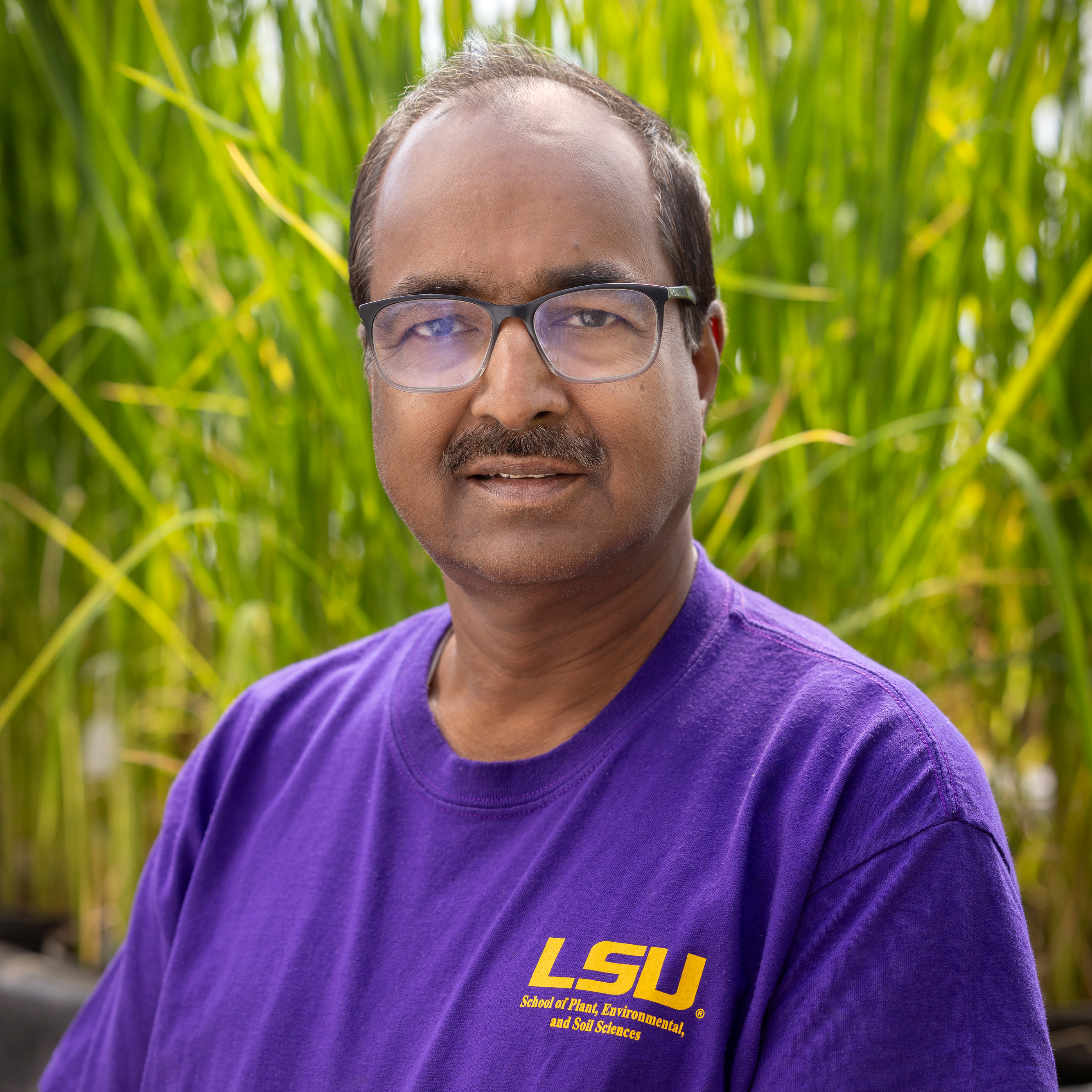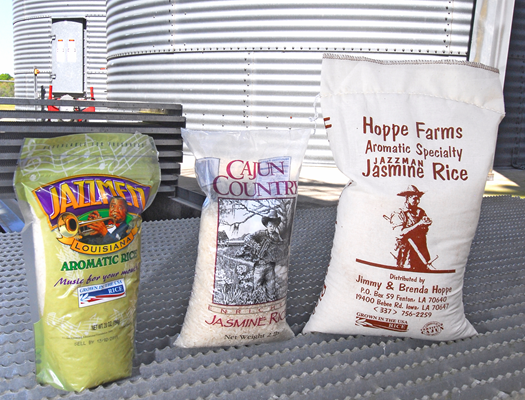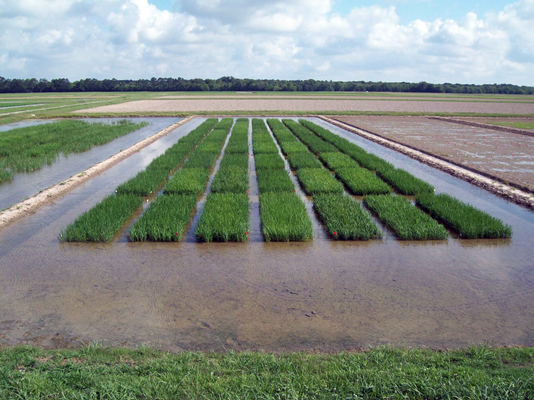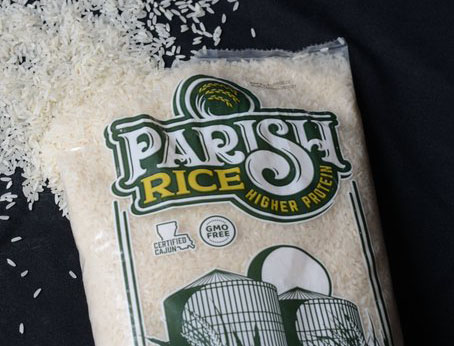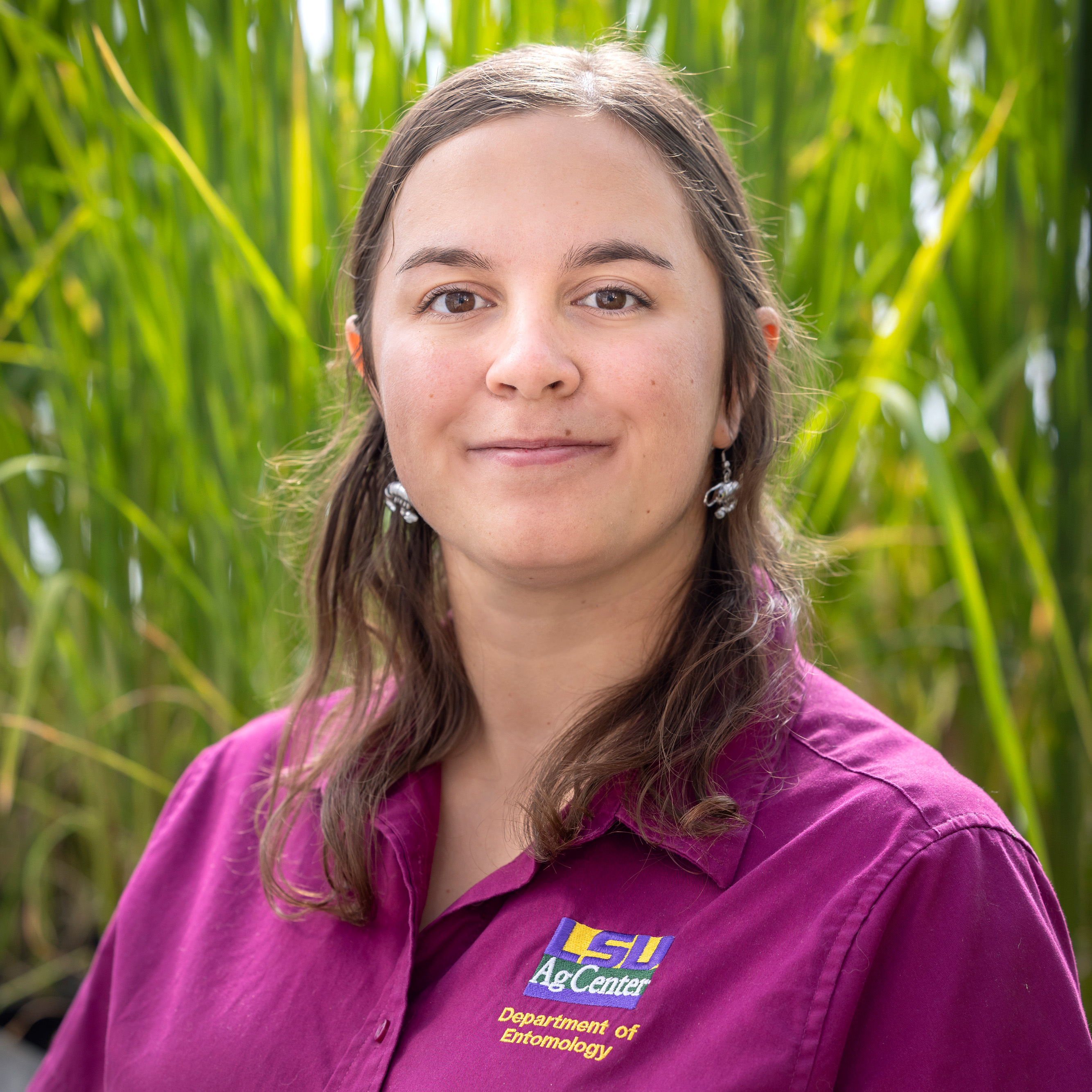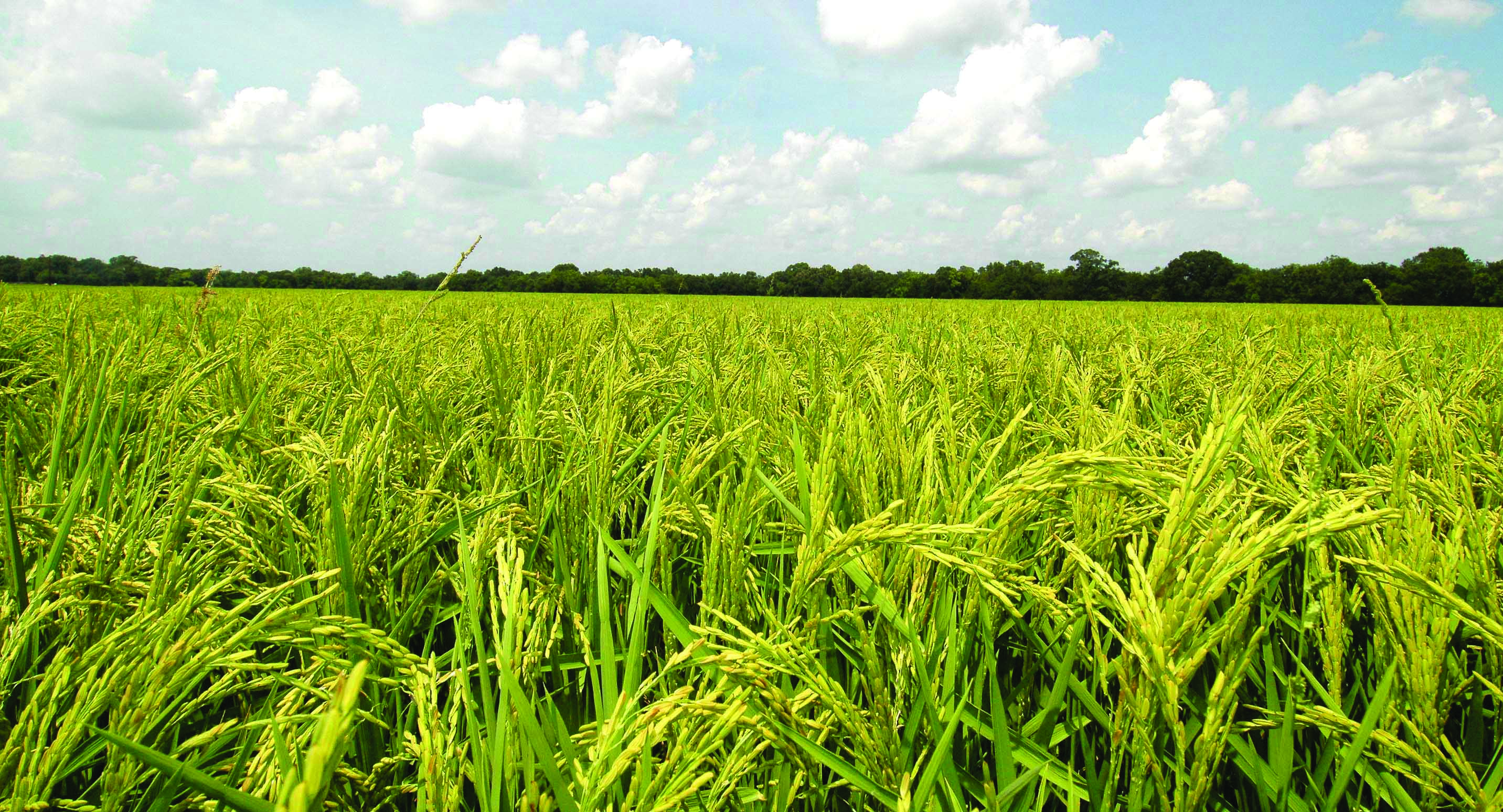AgCenter Advances: The LSU AgCenter is Louisiana rice farmers’ most valued partner in research and crop variety development.
From creating a new market for jasmine rice, to producing varieties of rice that are better for diabetics and more sustainable and resilient to changes in the environment, LSU has been critical to the Louisiana rice industry for more than 100 years.












